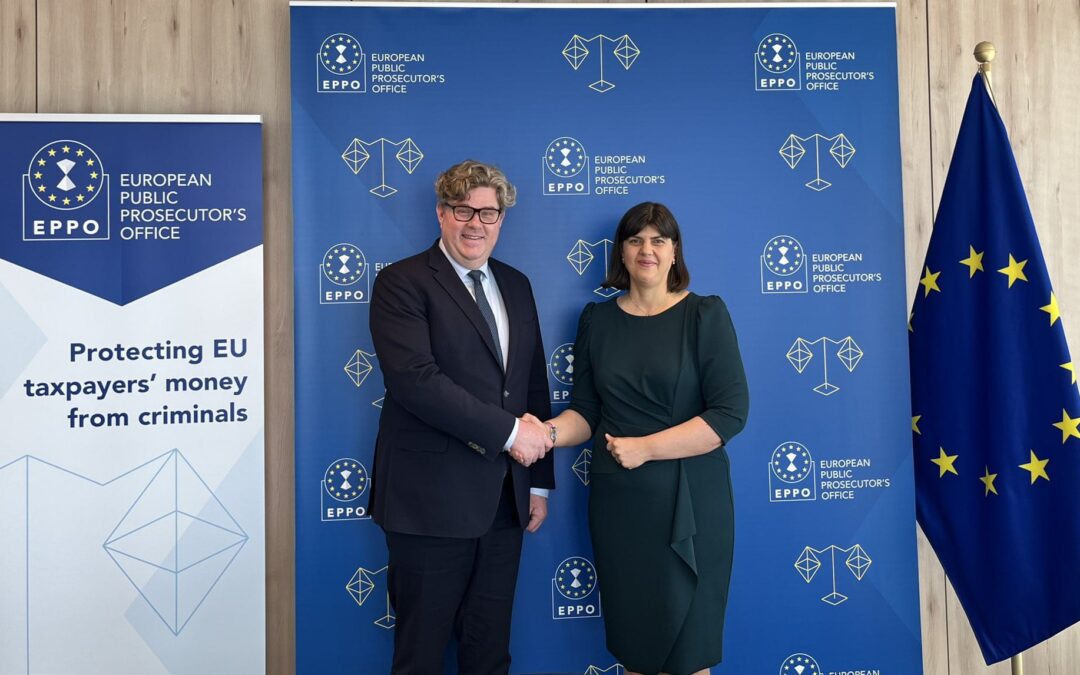Author: Miriam Testa
Committee: Eu Institutions
Date: 28/10/2024
The formal notification that Sweden made to the European Commission, expressing its intention to take part in the European Public Prosecutor’s Office (EPPO), must be dated back to the 5th of June 2024. Since then, only one month has passed, after the response of the European Commission. Thus, on the 17th of July 2024, Sweden’s participation in the European Public Prosecutor’s Office began, with the entry into force of the Commission Decision 2024/1952¹. Since then, Sweden is the 24th Member States which participate in the enhanced cooperation on the establishment of the EPPO.
Based on the nomination by Sweden and upon proposal by the European Chief Prosecutor, in accordance with Article 17(1) of the EPPO Regulation, the College of the EPPO appointed, on the 16th of October 2024, two European Delegated Prosecutors.
The next key step will be the appointment by the Council of the European Union, of the European Prosecutor from Sweden, who will work at the EPPO’s Central Office in Luxembourg.
We recall that, according to Article 2, paragraph 2 of the 2024/1952 Commission Decision, the EPPO will become operational in Sweden on the twentieth day from the appointment of the European Prosecutor.
The estimation so far is that this can happen by the end of 2024.
European Prosecutor & European Delegated Prosecutors: Council Regulation (EU) 2017/1939
The appointment of the European Prosecutor from each participating Member State and of the European Delegated Prosecutors in each participating Member State is essential for the functioning of the EPPO.
The appointment procedure of European Prosecutors is provided for in Article 16 of the EPPO Regulation, and comprises nomination of three candidates by each participating Member State, of which one will be appointed by the EU Council as European Prosecutor. Once appointed, the European Prosecutor is engaged as EU Temporary Agent.
The procedure for appointment of European Delegated Prosecutors is provided for in Article 17 of the EPPO Regulation, and consists in nomination by the Member States, proposal by the European Chief Prosecutor and appointment by the College of the EPPO.
Together with the Permanent Chambers, both the European Prosecutors, who supervise the investigations, and the European Delegated Prosecutors, who carry out the investigations in the Member States, have essential roles in the carrying out of the EPPO investigations
As Poland and Sweden joined the EPPO only recently, the process of appointing their European Prosecutors is ongoing.

According to Article 13 of the EU Council Regulation, there shall be at least two European Delegated Prosecutors in each State member, who have the duties of conducting criminal investigations and prosecutions; inform the European Prosecutor; and shall follow the instruction of the Permanent Chamber and the instructions from the supervising European Prosecutor.
So far, 157 EDP are active in the EPPO. Poland is the only State that did not appoint their EDP yet.

Conclusion
Sweden is the 24th Member State that participates in the enhanced cooperation on the establishment of the EPPO. As the number of Member States that are taking part in the Union’s independent prosecutorial body is increasing, the EPPO’s capacity to protect, with means of criminal investigation and prosecution, the EU financial system is also strengthened.
¹: https://eur-lex.europa.eu/eli/dec/2024/1952/oj ²:European Prosecutors for EPPO.
³: European Delegated Prosecutors for EPPO



